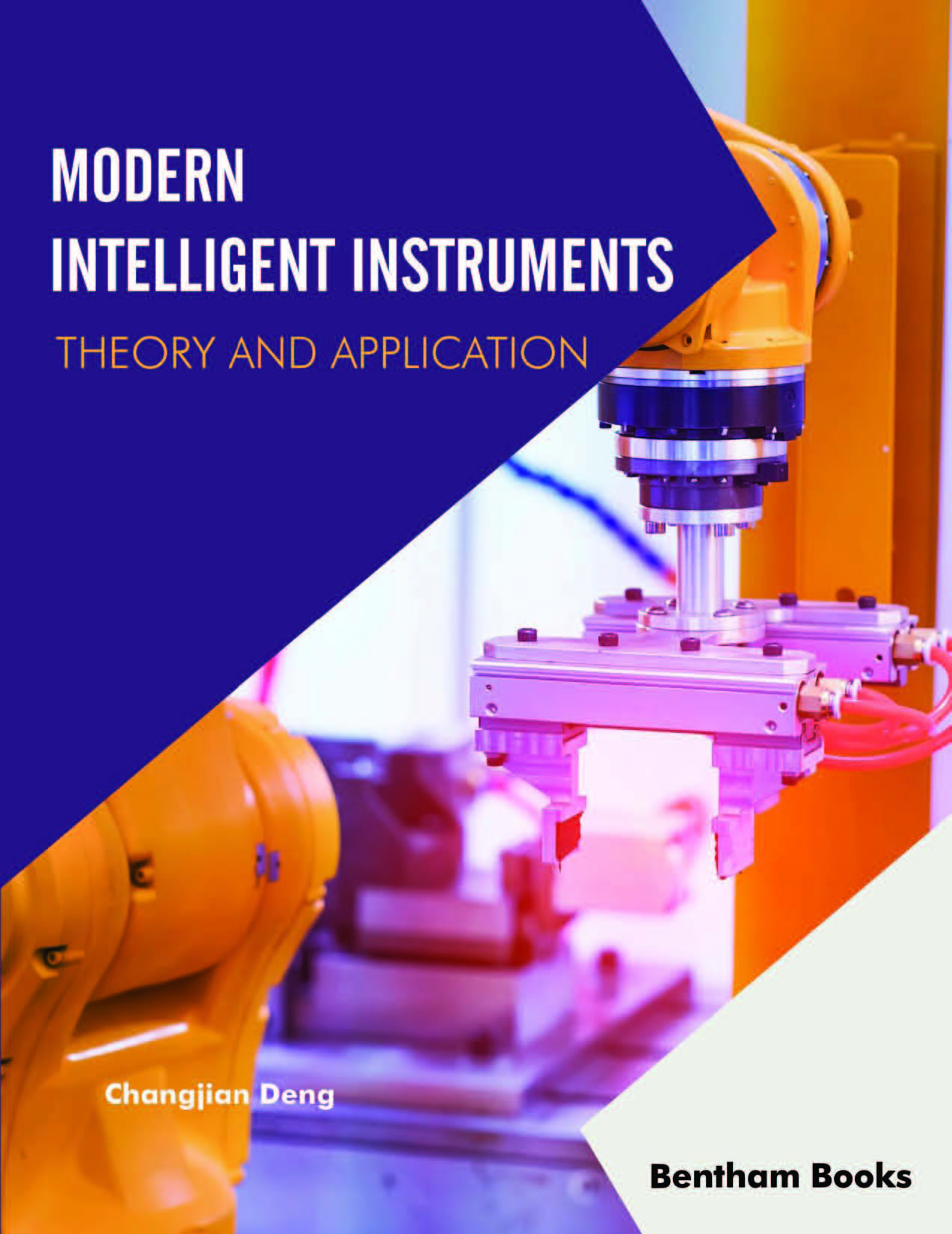Measurement and Intelligent instruments play an important role in ordinary life. The industrial development promotes the technology innovation of measurement and intelligent instruments, both in theory and application. For example, the advance in the theory of measurement includes the zero definition and datum quantity deformation research in fields of classical definition; additive conjoint measurement, empirical relation, the rule of mapping, and the representation condition of measurement research in the fields of representational theory; the unambiguous meaning of the measurement problem research in quantum mechanics and the advance in the theory of intelligent instrument include audio, video, speech, image, communication, geophysical, sonar, radar, medical, and musical signals research in their application research; cyber-physical systems, the Internet of things, cloud computing, cognitive computing researched in the fields of intelligent instrument design, and so on. Meanwhile, the theory and application of intelligent instruments promote the developments of industry 4.0 or industry 2025.
The “Modern Intelligent Instruments: theory and application” has ten chapters, Chapter 1 is “The concept of intelligent instrument”, which mainly discusses the property, scale, and level of measurement, the concept of intelligent instrument; Chapter 2 is “signal detection and analysis technology of intelligent instrument”, which mainly discusses the noise analysis technology that is applied in data acquired system circuit design, analog-digital convert device design and medical, weak signal detection, and meanwhile introduces the modern filter technology and weak signal detection technology; Chapter 3 is “the data processing technology of intelligent instrument”; in this chapter, the measurement uncertainty and the data processing algorithms used in industrial intelligent instrument are introduced, meanwhile the inverse problem and intelligent computing are discussed; Chapter 4 is “the performance analysis of intelligent instrument”; in this chapter, accuracy theory, reaction speed consideration, especially the reliability engineering of intelligent instrument are discussed, mainly introduces reliability assessment, reliability program plan, reliability design and reliability analysis; Chapter 5 is “the data communication and display technology of intelligent instrument”, which mainly discusses the IIC, SPI, and HMI technology of intelligent instrument; Chapter 6 is “Proteus and its simulation examples”; in this chapter, proteus is used in hardware and software simulation of intelligent instrument design; Chapter 7 is “Arduino and MATLAB in intelligent instrument”, which mainly discusses the advance of Arduino and MATLAB used in intelligent instrument; Chapter 8 is “The application of intelligent instrument: the mobile intelligent instrument”, which mainly discusses the advance of the wearable and IOT intelligent instrument,; Chapter 9 is “The advance of the intelligent instrument applied in on-line equipment monitoring system”, for example, the fault tolerance, Fault analysis, fault identify problem, and so on; and Chapter 10 is “The application of intelligent instrument: mobile robot instrument”, which mainly discusses the moving robot (for example the smart small car and micro UAV).
CONFLICT OF INTEREST
The authors confirm that the content of this book has no conflict of interest.
Changjian Deng
Chengdu University of Information Technology
Chengdu, Sichuan
China

